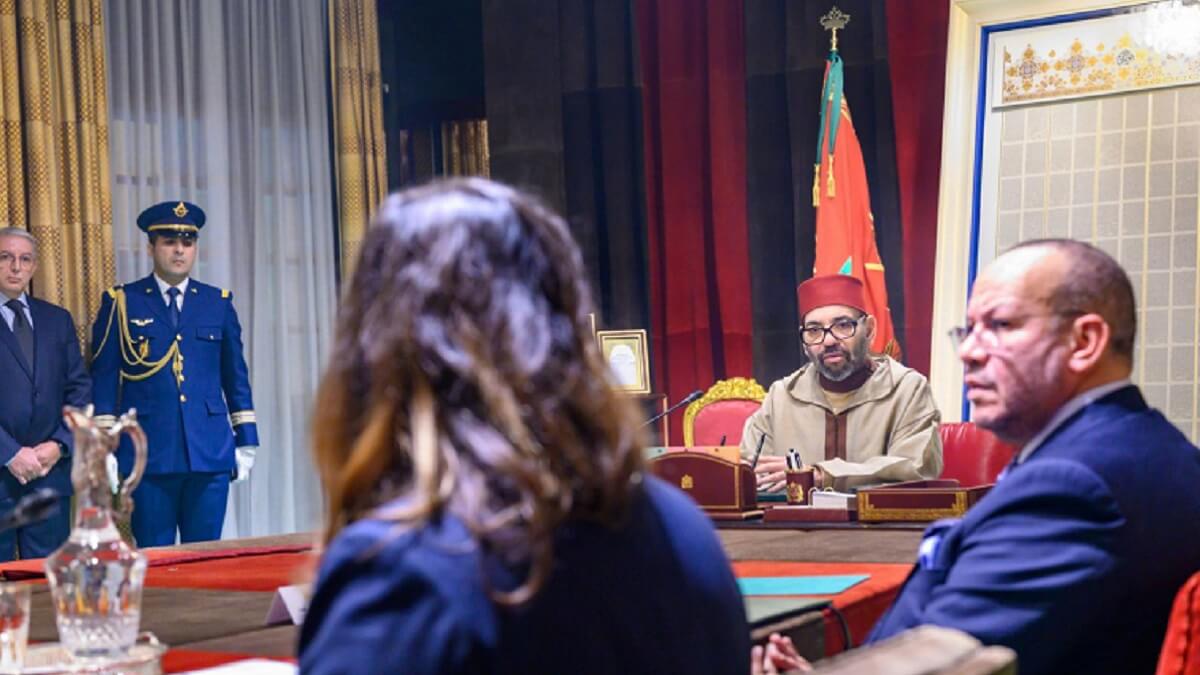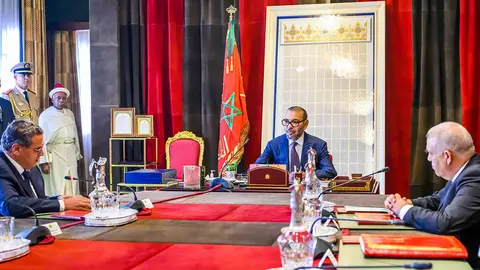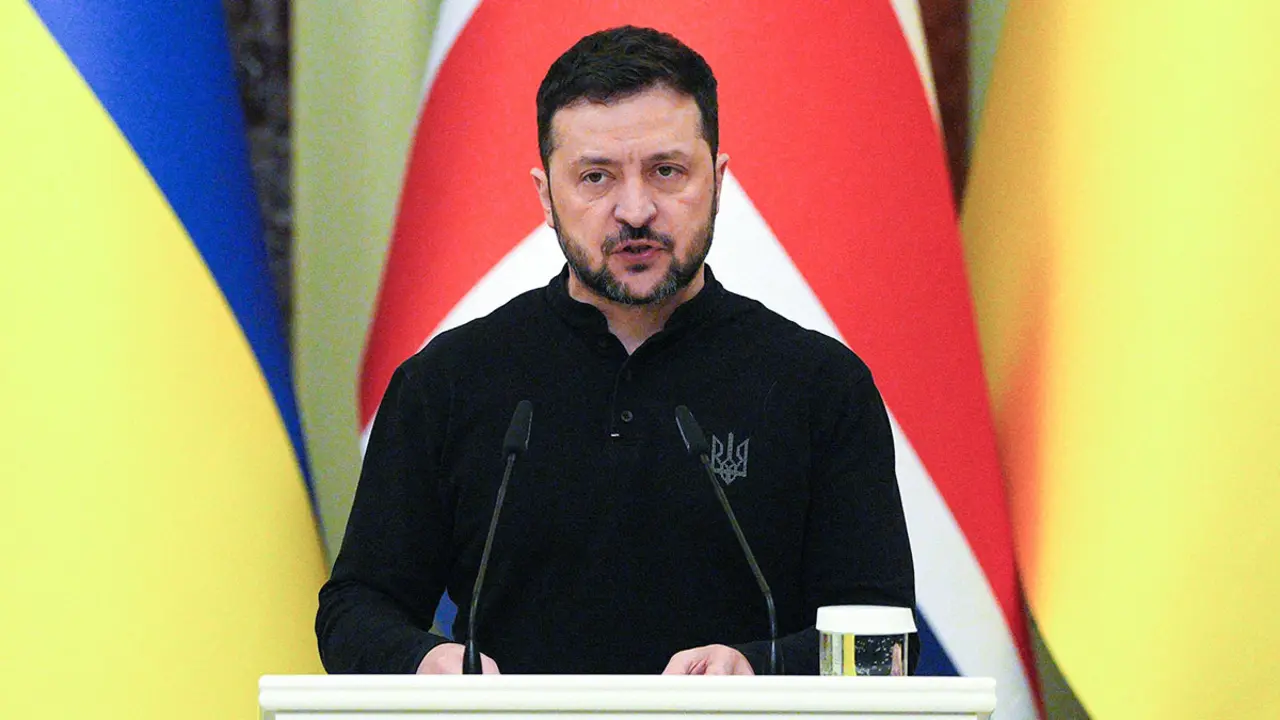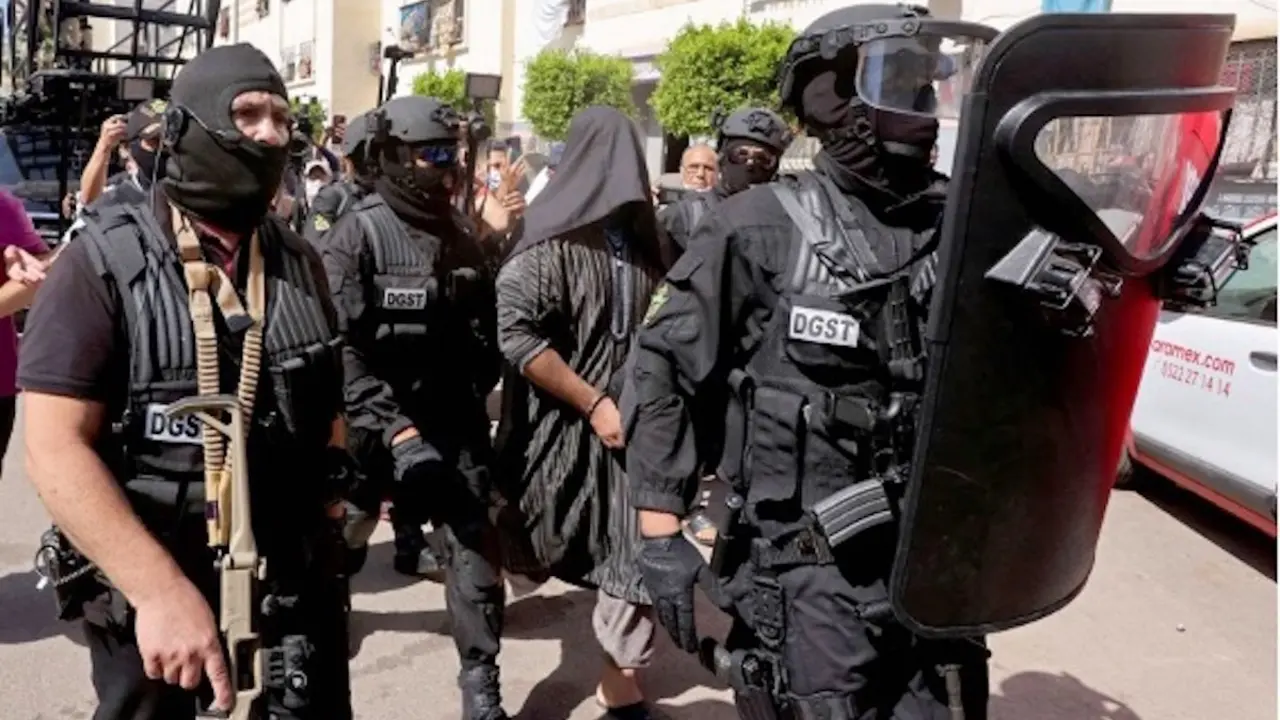Morocco's government approves first phase of post-earthquake reconstruction

Morocco has been working to address the many effects of the earthquake that shook the Al Haouz region and was felt in several other cities since the afternoon of 8 September 2023. Two weeks after the event that shook the High Atlas provinces and the vicinity of Marrakech, Al Haouz, Chichaoua, Taroudant, Ouarzazate and Azilal, the reconstruction work has finally been approved by the Interministerial Commission.
The head of government, Aziz Akhannouch, presented an emergency rehabilitation programme to rebuild destroyed homes and essential infrastructure such as hospitals, schools, the electricity grid and roads. The meeting served as an opportunity to showcase and discuss the feasibility of the project and the creation of a dedicated agenda to optimise its implementation. The meeting was attended by all ministers and their delegates.
Notably present were the Minister of the Interior, Abdelouafi Laftit, the Minister of Economy and Finance, Nadia Fettah, the Minister of Equipment and Water, Nizar Baraka, the Minister of Agriculture, Maritime Fisheries and Rural Development and Water and Forestry, Mohamed Seddiki, the Minister of Tourism, Handicrafts and Social and Solidarity Economy, Fatima Zahra Amor, and the Minister of Energy Transition and Sustainable Development, Leila Benali.

The government cabinet confirmed that the action will be "rapid and effective". The plan will have two departments: management, which will be in charge of supervision and meeting deadlines, and action, which will include all personnel working on reconstruction, as well as investment and relocation of those affected.
More than 2.8 million people were affected by this tragedy, 66% of the total population of the affected territories.
It also announced that a large part of the funding will come from a national fund set up on the basis of the Royal High Instructions of King Mohamed VI. This national reserve is made up of the Special Seismic Fund, part of the state budget, contributions from local authorities, the Hassan II Fund, donations and international cooperation.

The chief executive also mentioned that meetings will be held in the coming days to coordinate efforts and outline the general strategy for implementing development projects in disaster areas. He reaffirmed that government efforts are still underway to strengthen social and economic development in these areas, rebuild housing and repair damaged infrastructure. The administration, under the leadership of Mohammed VI, confirmed that the programme will have two phases: reconstruction and compensation.
A total of 59,674 houses have been destroyed, 32% of which have completely collapsed and 68% of which have only partially collapsed. An agreement was reached between the ministerial departments concerned and the Caisse de dépôt et de Gestion (CDG) to provide this aid to the target population. It is estimated that 120 billion dirhams will be spent over five years on the programme of reconstruction and general improvement of the earthquake-affected regions of Al Haouz.

During the meeting, it was made clear that the Executive's main objective is the relocation of affected people, reconstruction of housing and rehabilitation of infrastructure; opening and improvement of territories; acceleration of the reduction of social deficits, particularly in the mountainous areas affected by the earthquake; and the promotion of economic activity and employment, as well as the boosting of local initiatives.










